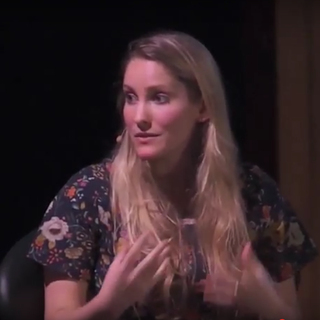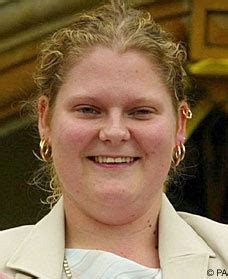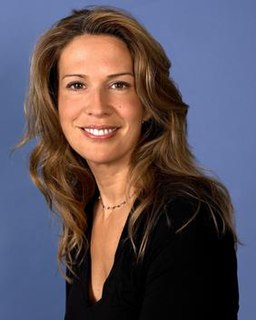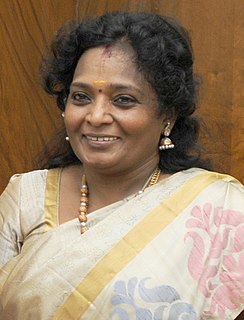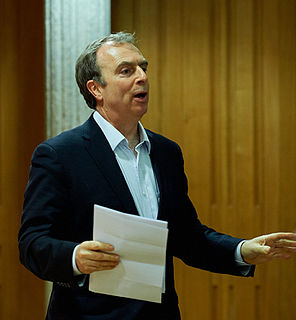A Quote by Phyllis Schlafly
In colleges, there are no gender separations in courses of study, and students can freely choose their majors. There are no male and female math classes. But women generally choose college courses that pay less in the labor market. Those are the choices that women themselves make. Those choices contribute to the pay gap.
Related Quotes
The argument goes that the pay gap only exists because of women's 'choices' of work type, hours, and child related career breaks, effectively making it a myth. But research shows that while those are factors, they don't account for the whole gap, suggesting that discrimination certainly plays a role as well.
Agency, or the power to choose, was ours as spirit children of our Creator before the world was. It is a gift from God, nearly as precious as life itself. Often, however, agency is misunderstood. While we are free to choose, once we have made those choices, we are tied to the consequence of those choices. We are free to take drugs or not. But once we choose to use a habit-forming drug, we are bound to the consequences of that choice. Addiction surrenders later freedom to choose.
Life as a performance is just a way to look at life choices as character choices. Every morning you choose what to wear, you choose how to wear your hair, you choose your friends, you more or less choose your profession, and how hard you will work at it. Those are all things that an actor decides about his character when he is performing, and they are things that we decide in life. We create our "character."
Women want to be free to choose from the same range of options that men take for granted. In our quest for equal pay, equal access to education and opportunities, we have made great strides. But until women can move freely and think freely in their homes, on the streets, in the workplace without the fear of violence, there can be no real freedom.
Average male pay is higher than average female pay for a simple reason. Despite decades of enforced equality, women still have babies, and men still don't. So women who wish to spend any substantial time at all with their own offspring will fall behind in their careers, and their earnings will be less.
All we can do as women is make the best decisions for us. And that includes everything from how you look to how you dress to whether you choose to stay at home or work when you have kids. All those decisions are so personal, and we have to start with finding what brings us joy and what brings us our own individual confidence. And if we're feeling good with those choices, then it makes what everybody else has to say less important.
When you're going to school primarily for career purposes, it's more important to focus on which program is best for you. In addition, your success at college depends far more on what you do at the college than at which college you do it: Choosing the right program, then the right advisor, the right courses, the right term papers, the right co-curricular activities, the right fieldwork, the right internships. You can make those choices at any college.


